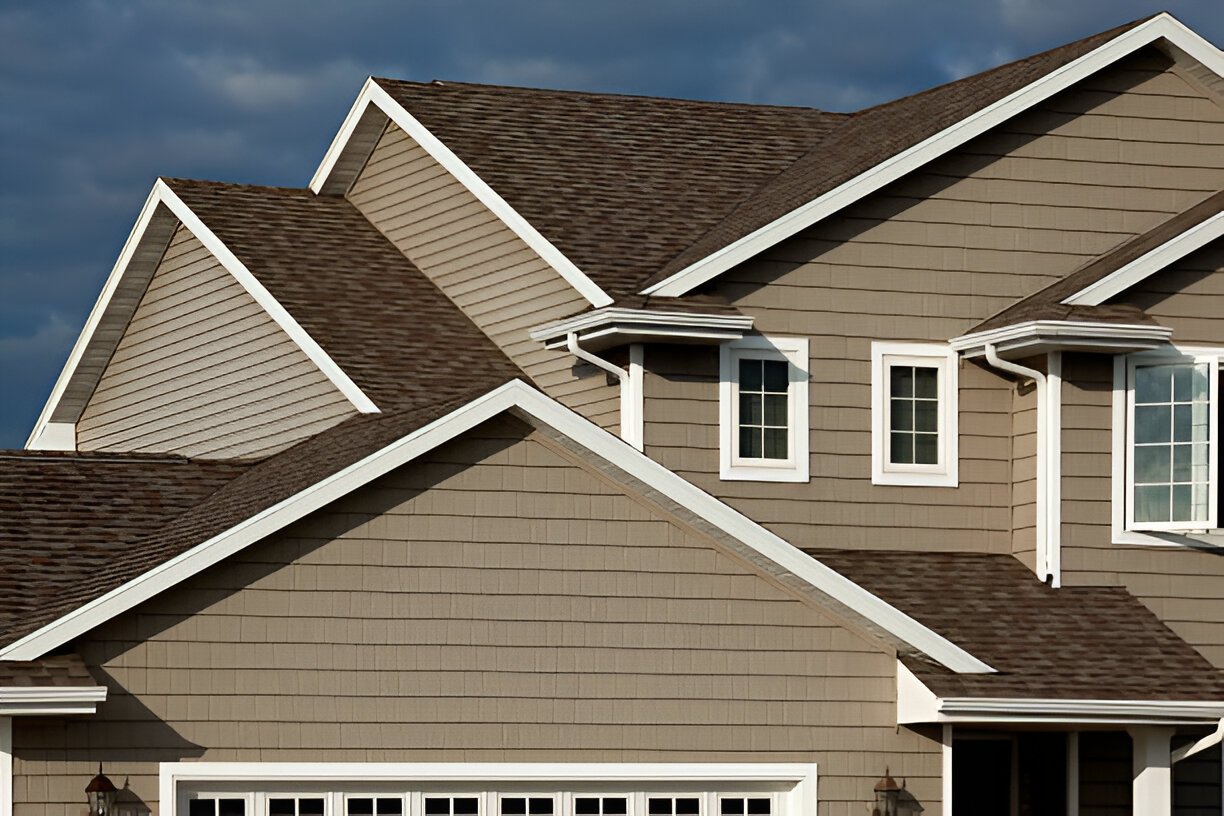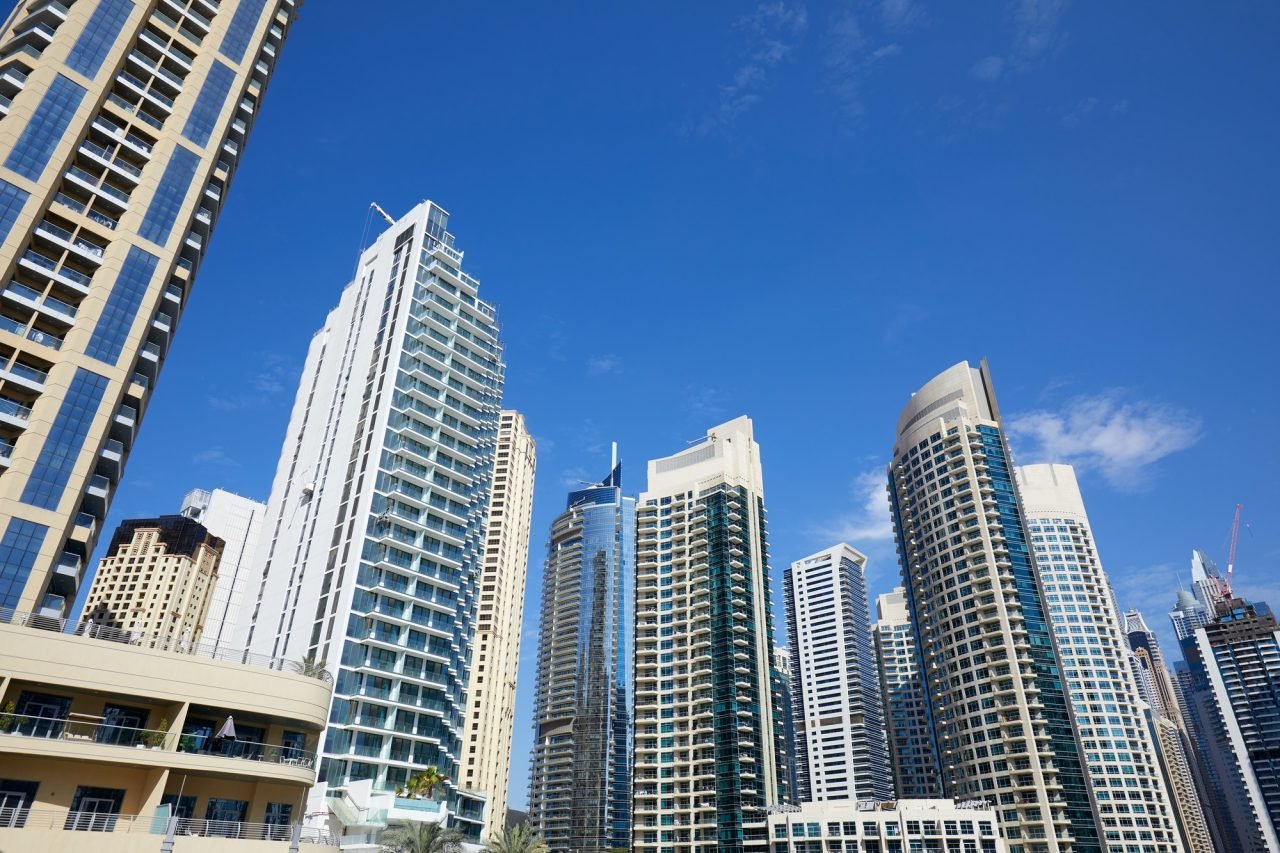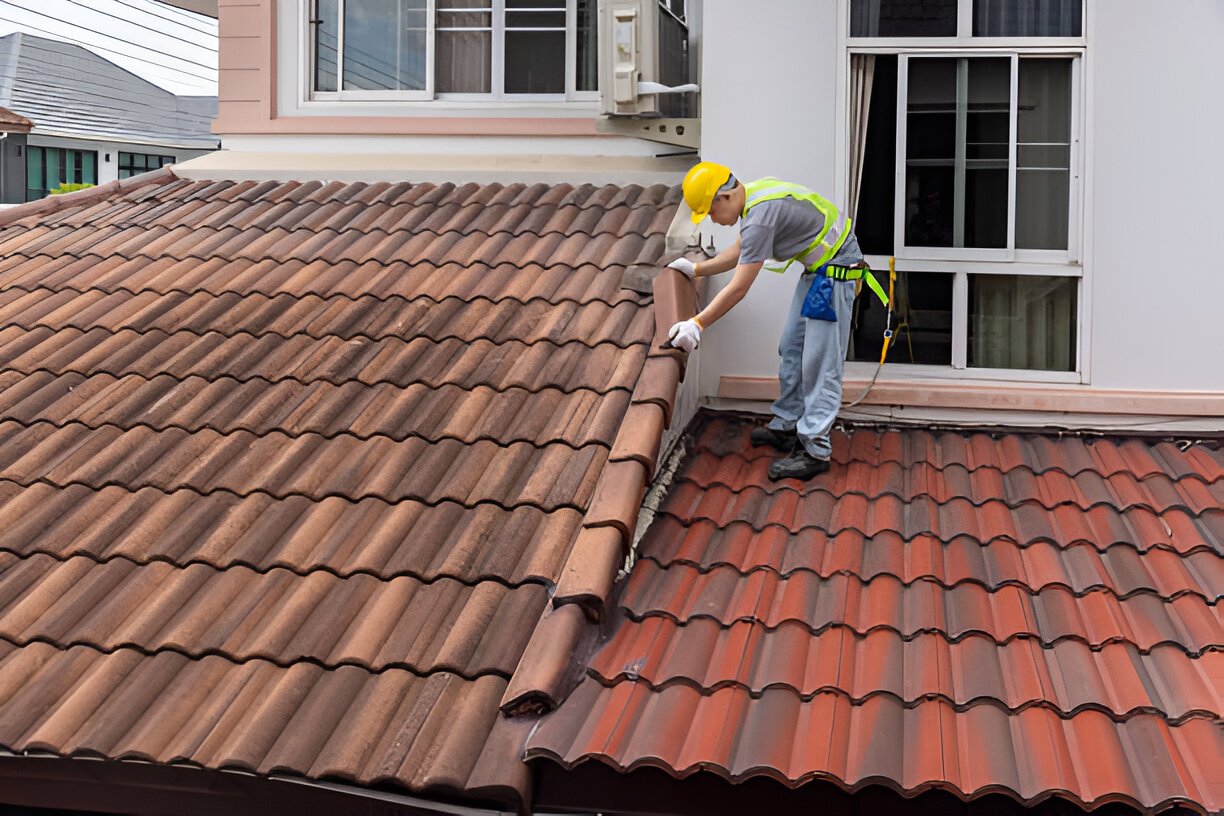Owning or managing a building is a significant investment, and protecting that investment requires more than just quality construction at the outset. Regular maintenance is essential to ensuring the long-term functionality, safety, and aesthetic appeal of any structure. Whether it’s a residential home, commercial property, or industrial facility, routine upkeep helps to prevent costly repairs and extends the lifespan of the building. In this post, we’ll explore the importance of regular maintenance and how it benefits your property over time.
1. Prevents Major Repairs
One of the most significant benefits of regular maintenance is catching small issues before they become major problems. Buildings naturally experience wear and tear, whether it’s from environmental factors, aging materials, or regular use. Left unchecked, minor issues such as a small leak or a crack in the wall can evolve into costly repairs. Regular inspections and maintenance help identify these problems early, saving you money in the long run.
- Example: A small leak in the roof that is fixed immediately prevents water damage to the underlying structure. If ignored, that leak could lead to mold, rot, and the need for an entire roof replacement, which is far more expensive.
2. Enhances Safety
A well-maintained building is a safe building. Regular maintenance ensures that structural components, electrical systems, and mechanical equipment are functioning correctly and pose no risk to occupants. Failing to maintain critical elements can lead to accidents, safety hazards, and potential legal liabilities. By scheduling routine inspections, you can rest assured that your building remains compliant with safety standards and regulations.
- Example: Regularly servicing an electrical system can prevent dangerous faults such as short circuits or fire hazards, ensuring the safety of residents or employees within the building.
3. Preserves Property Value
The value of a property is often directly tied to its condition. A well-maintained building retains its value, while a neglected one will quickly depreciate. Regular upkeep not only keeps the property looking good but also ensures that the essential systems are functioning correctly. This can make a big difference when it comes to resale value or attracting tenants.
- Example: A commercial property with well-maintained exteriors, such as clean facades, properly functioning HVAC systems, and manicured landscaping, is more appealing to potential tenants or buyers than a neglected building.
4. Improves Energy Efficiency
Energy efficiency is an increasingly important factor in building maintenance. Over time, building systems like HVAC units, windows, and insulation can degrade, reducing energy efficiency and driving up utility costs. Regular maintenance, such as sealing leaks, replacing old windows, and cleaning HVAC systems, ensures that your building remains energy efficient, reducing your carbon footprint and operational costs.
- Example: Regularly replacing air filters in your HVAC system improves airflow, reduces strain on the system, and helps maintain optimal energy efficiency. Similarly, checking and replacing worn insulation can significantly reduce heating and cooling costs.
5. Extends Lifespan of Key Systems
Routine maintenance helps extend the lifespan of critical building systems, such as electrical, plumbing, and HVAC systems. Regular servicing, cleaning, and repairs ensure that these systems function optimally for longer, reducing the need for premature replacements. This is especially important in commercial and industrial buildings where system failures can disrupt operations.
- Example: Regularly servicing and maintaining an HVAC system can extend its operational life by several years, saving you from costly replacements and ensuring comfortable indoor environments for occupants.
6. Ensures Compliance with Regulations
Buildings must comply with local, state, and national regulations, particularly in terms of safety, accessibility, and energy efficiency. Regular maintenance ensures that your property remains compliant with these regulations, avoiding fines, legal issues, or costly retrofits later on. Maintenance inspections can highlight areas that need attention, such as updating fire safety systems or upgrading electrical components.
- Example: Ensuring fire exits are accessible, smoke detectors are working, and electrical systems are up to code are all part of maintaining compliance and avoiding potential penalties.
7. Protects Aesthetic Appeal
Curb appeal matters, especially for commercial properties. The exterior appearance of a building can impact customer perceptions, employee satisfaction, and property value. Regular maintenance ensures that the exterior remains attractive and professional, with clean walls, well-maintained landscaping, and up-to-date paintwork.
- Example: Routine cleaning of the building’s exterior and repainting as needed prevents the buildup of dirt, grime, or peeling paint, keeping the building looking fresh and well-maintained.
Conclusion
Regular maintenance is essential for protecting your investment and ensuring the long-term success of any building. Whether it’s preventing major repairs, improving energy efficiency, or enhancing safety, regular upkeep provides numerous benefits that far outweigh the cost and effort involved. At Aziz Associate Construction Company, we offer comprehensive maintenance services tailored to your building’s specific needs. Let us help you keep your property in top condition, ensuring its value, safety, and appeal for years to come.




